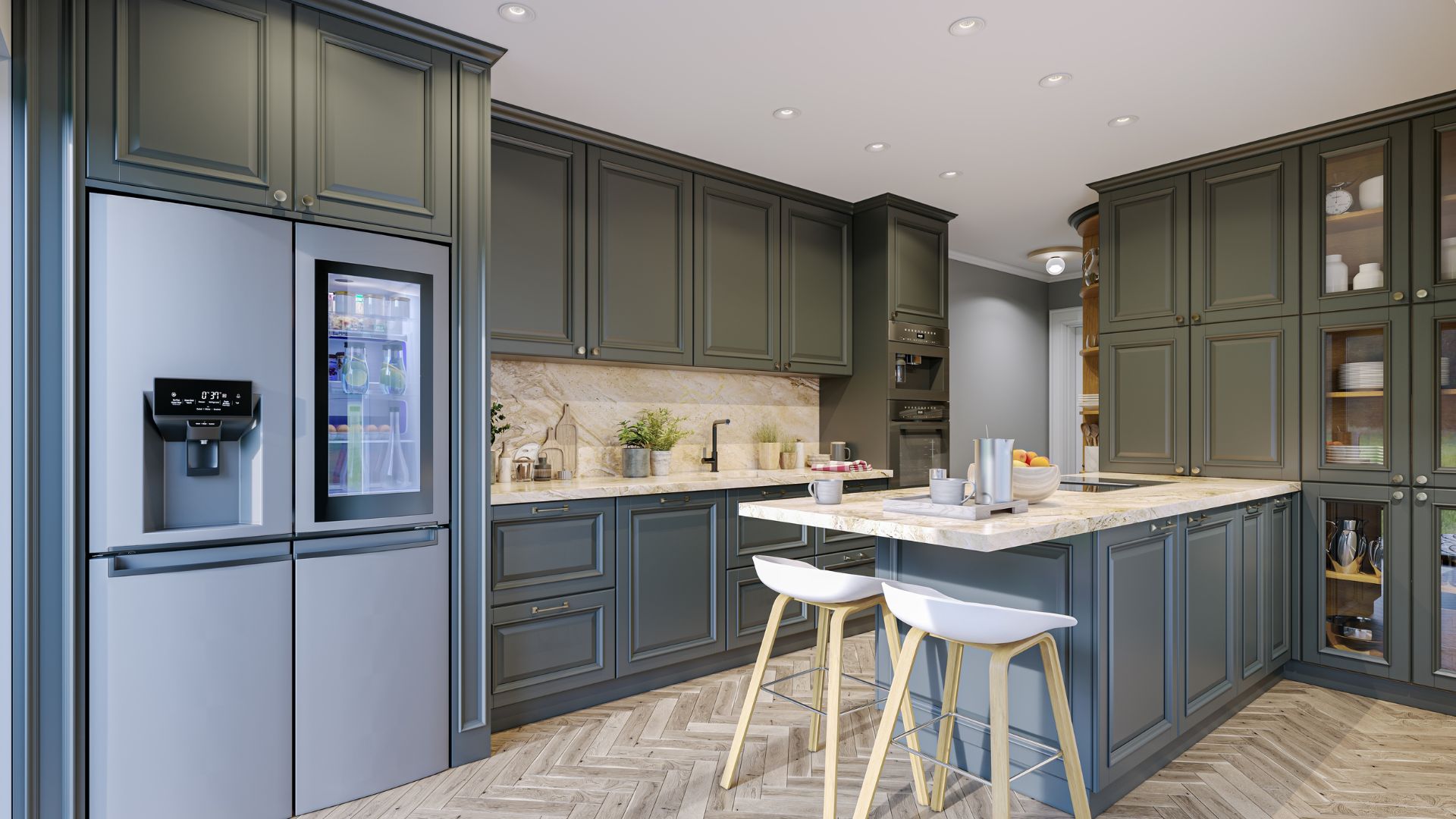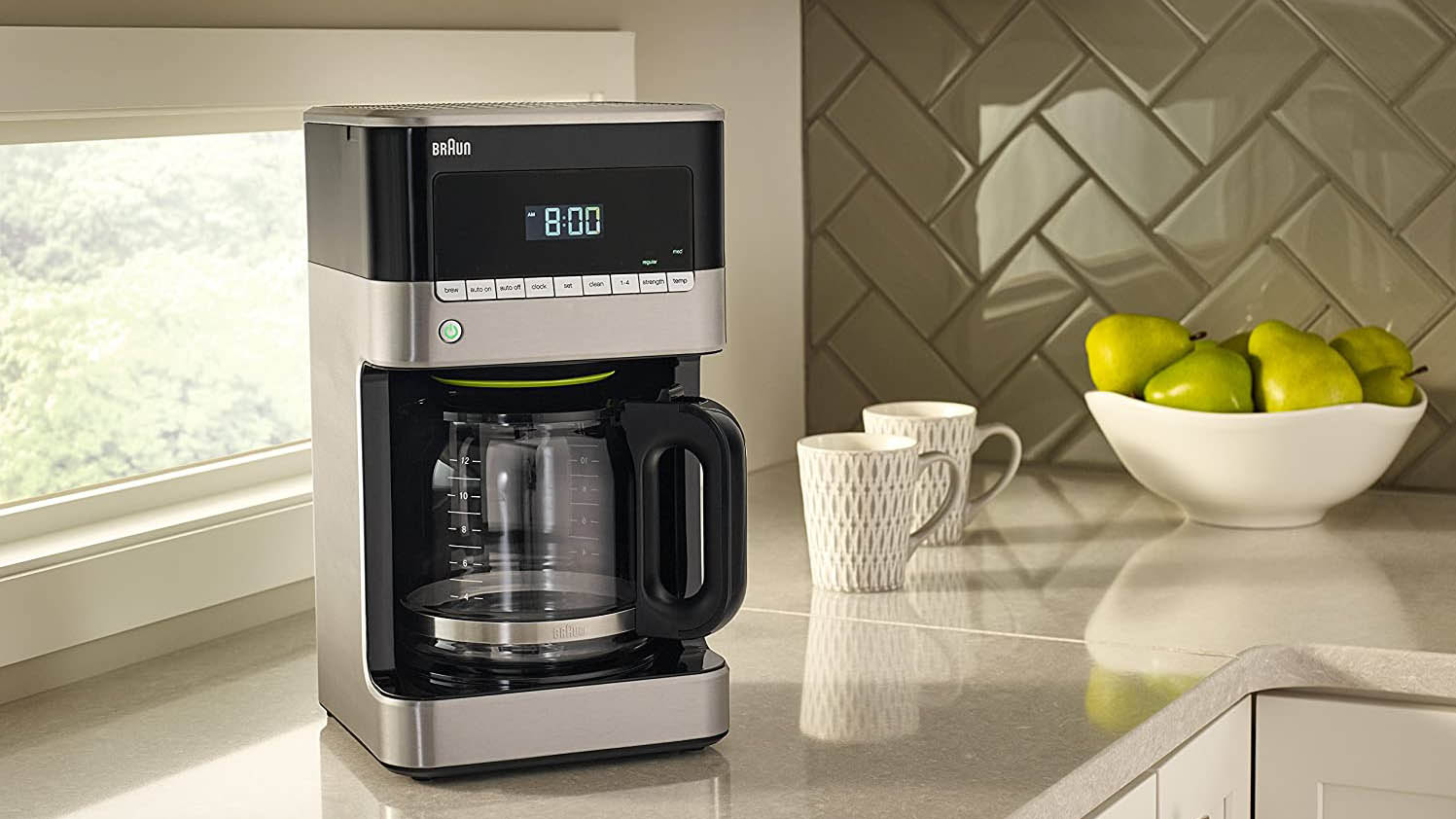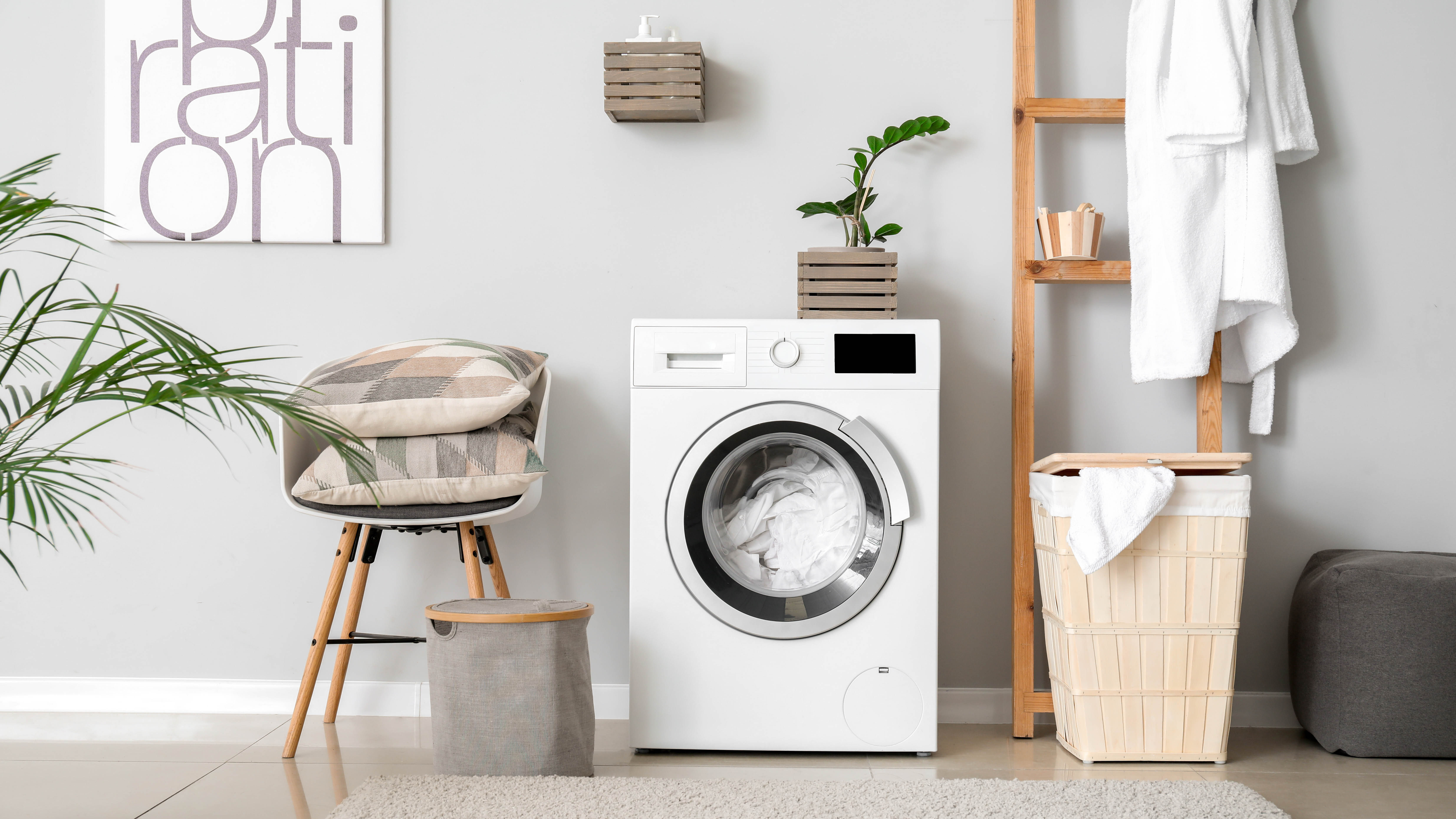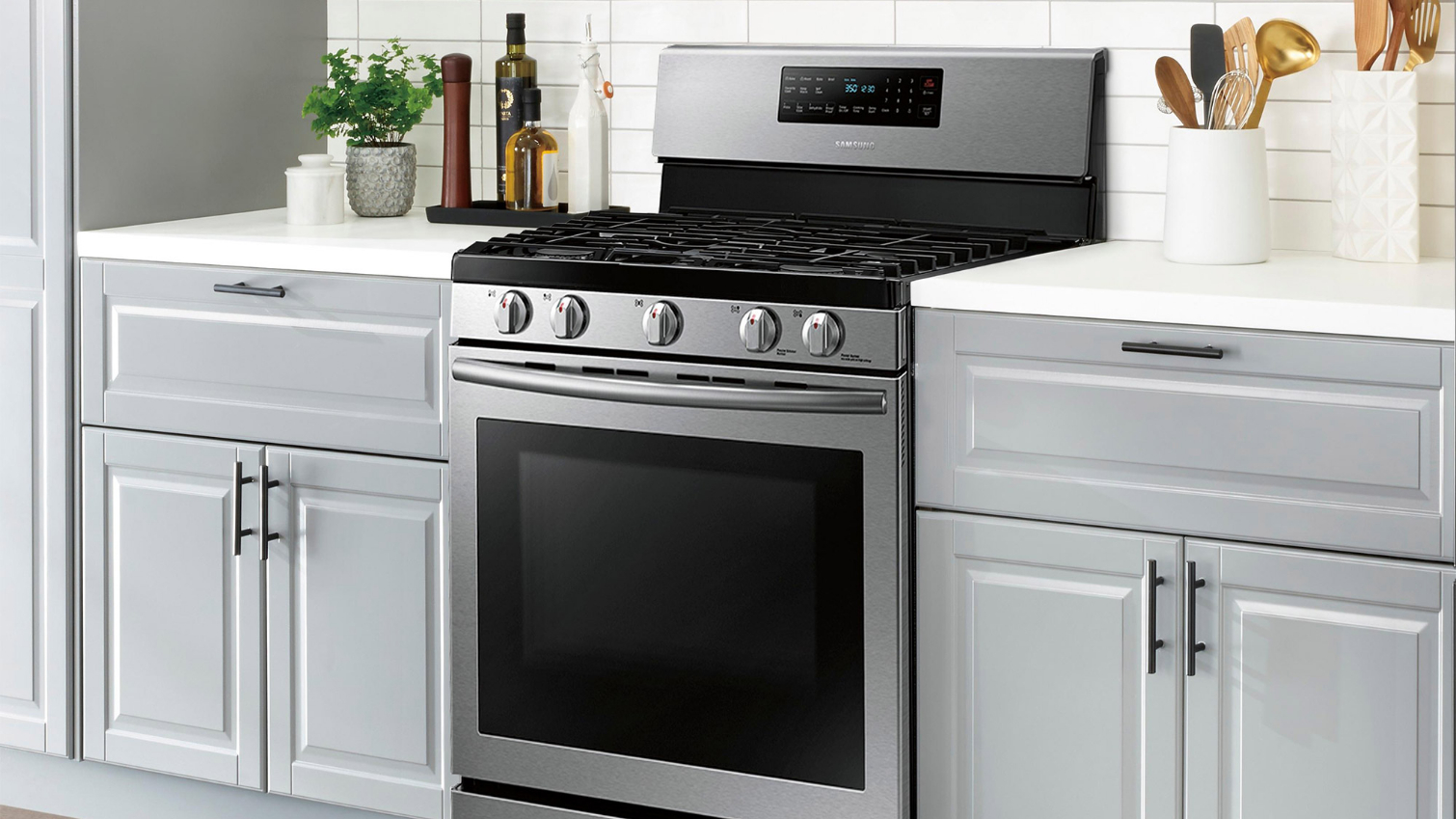Appliance expert reveals the 3 'vampire devices' you should unplug before going on vacation
Don’t forget to unplug these common appliances before your vacation

Here at Tom’s Guide our expert editors are committed to bringing you the best news, reviews and guides to help you stay informed and ahead of the curve!
You are now subscribed
Your newsletter sign-up was successful
Want to add more newsletters?

Daily (Mon-Sun)
Tom's Guide Daily
Sign up to get the latest updates on all of your favorite content! From cutting-edge tech news and the hottest streaming buzz to unbeatable deals on the best products and in-depth reviews, we’ve got you covered.

Weekly on Thursday
Tom's AI Guide
Be AI savvy with your weekly newsletter summing up all the biggest AI news you need to know. Plus, analysis from our AI editor and tips on how to use the latest AI tools!

Weekly on Friday
Tom's iGuide
Unlock the vast world of Apple news straight to your inbox. With coverage on everything from exciting product launches to essential software updates, this is your go-to source for the latest updates on all the best Apple content.

Weekly on Monday
Tom's Streaming Guide
Our weekly newsletter is expertly crafted to immerse you in the world of streaming. Stay updated on the latest releases and our top recommendations across your favorite streaming platforms.
Join the club
Get full access to premium articles, exclusive features and a growing list of member rewards.
Before we jet off on our vacation or ‘staycation’, there are always the final, pre-vacation checks to do. And while the first thing is to check our home security systems, we often forget the less obvious.
According to experts, certain household appliances should always be unplugged before going on vacation. These continue to use power even when turned off, and are typically known as "vampire devices" or "phantom power". Not only can this help to lower your energy bills this summer, but will protect your home from the risk of an electrical fire.
So what kitchen appliances should be unplugged before going on vacation? We asked an expert to reveal all.
1. Countertop appliances

If you regularly use your coffee maker to make your daily cup of Joe, you probably won’t even consider plugging this out (ever!). However, before you leave for vacation, you must unplug your machine.
In addition, some coffee makers and microwaves feature a digital clock, which will still use while not in use, so it’s fine to unplug and just reset when you get back. The same goes for other small appliances such as electric kettles and toaster ovens.
“Smaller countertop appliances such as kettles, microwaves and coffee machines should always be switched off before a vacation —at the plug.” states Ian Palmer-Smith, appliance repair expert at Domestic & General.
“These appliances continue to use power even when turned off and are sometimes referred to as ‘vampire devices.”
Get instant access to breaking news, the hottest reviews, great deals and helpful tips.
What’s more, this will also help to reduce your carbon footprint, and be more energy-efficient.
2. Washing machines and dishwashers

Large appliances such as washing machines and dishwashers should also be unplugged before going on vacation. “Appliances such as washing machines and dishwashers use a lot of energy due to their need for water,” says Palmer-Smith. “They use more energy than others on standby as they need to be ready to heat water instantly, on demand.”
In fact, experts suggest turning off your water supply if possible. “Returning home to water damage is a common concern for homeowners and so the easiest way to avoid this risk is to switch off your water supply temporarily. This step is often overlooked but is worthwhile, especially if you’re going to be away from home for longer periods of time. To do this, locate the stopcock - usually in the cupboard under the sink and turn it off.”
3. Stoves

Whether you have a gas range or electric range, our stoves can still use power even when we’re not cooking up a feast. Experts advise to unplug stoves before going on vacation, to also minimize the risk of electrical faults. “You should turn off and unplug all unnecessary electrical appliances, not only to save money but also to reduce the risk of a fire from electrical faults.”
Appliances you shouldn't unplug
Of course, there are appliances that should never be switched off or unplugged before going on vacation. “Do not switch off or unplug appliances like a fridge/freezer, as they defrost, they leak water which is a potential fire hazard and your food will become unsafe to eat.”
In addition, it’s advisable to deep clean your refrigerator and banish odors before jetting away. Plus, nobody likes coming home to gone-off food or bad smells. “Depending on the length of your trip, I would recommend clearing your fridge of any fresh food to avoid the development of moldy items.
Consider what food could be moved into the fridge freezer instead to avoid unnecessary food waste and wipe down all the surfaces with antibacterial cleaning products. This way you’ll arrive home to a hygienic kitchen, ready to fill your fridge with fresh food.”
So, don’t forget to add ‘unplug appliances’ to your pre-vacation checklist before leaving for your destination this summer!
More from Tom's Guide
- Plus, 5 appliances you should never plug into an extension cord
- Check out these 10 ways to reduce cable clutter around your home
- Best surge protector for your home

As the Homes Content Editor, Cynthia Lawrence covers all things homes, interior decorating, and garden-related. She has a wealth of editorial experience testing the latest, ‘must-have’ home appliances, writing buying guides and the handy ‘how to’ features.
Her work has been published in various titles including, T3, Top Ten Reviews, Ideal Home, Real Homes, Livingetc. and House Beautiful, amongst many.
With a rather unhealthy obsession for all things homes and interiors, she also has an interior design blog for style inspiration and savvy storage solutions (get rid of that clutter!). When she’s not testing cool products, she’ll be searching online for more decor ideas to spruce up her family home or looking for a great bargain!
 Club Benefits
Club Benefits





